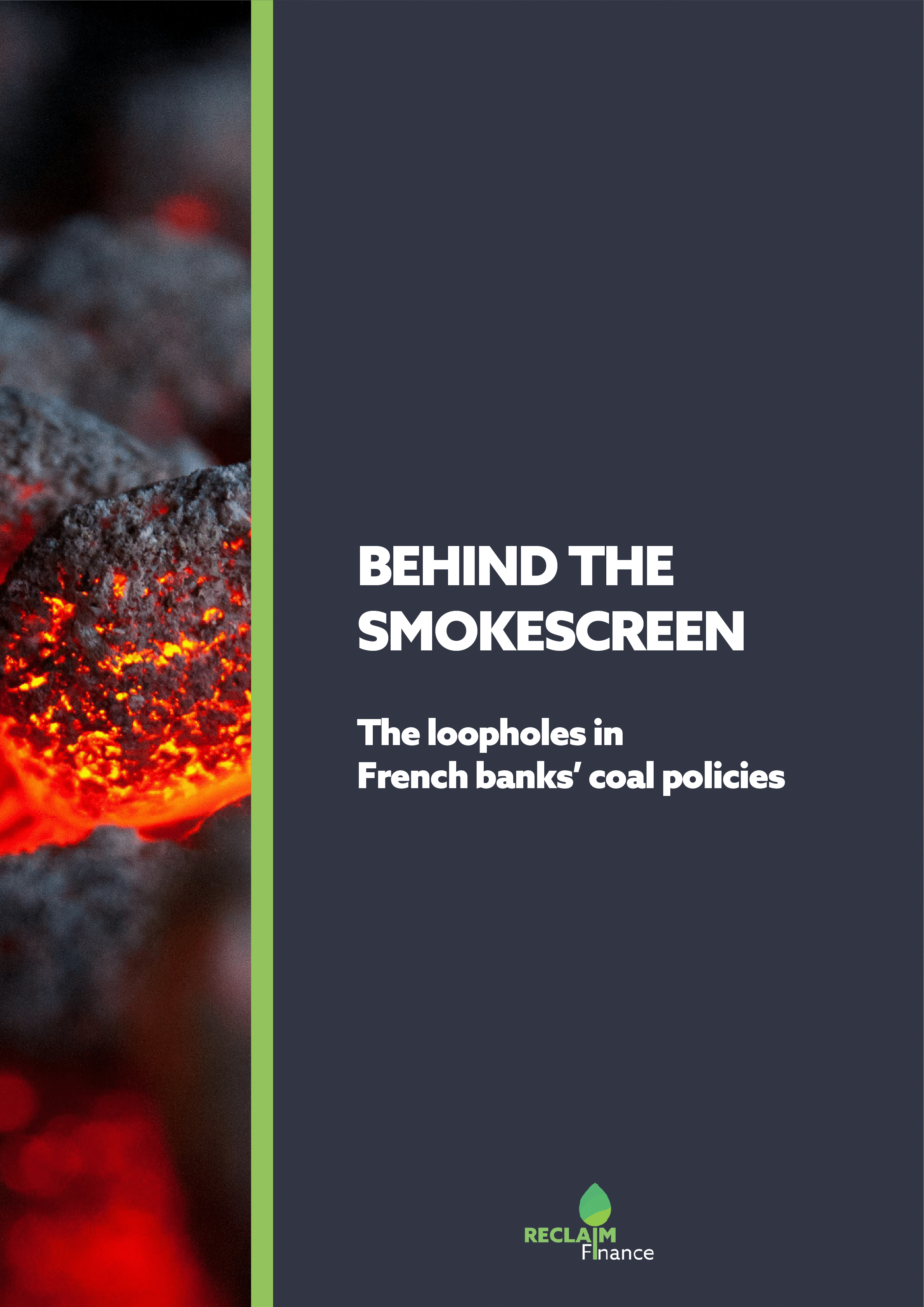Our reports
Breaking bonds: The Norwegian sovereign wealth fund’s stake in oil and gas debt
The Norwegian Oil Fund, the world’s largest sovereign wealth fund, is responsible for investing the revenues earned by the Norwegian state from oil and gas for the benefit of future generations. While claiming to be a leader in sustainability, the Norwegian Oil Fund’s asset manager, NBIM, has not made [...]
Stability Through Sustainability: Three Recommendations for the ECB’s 2025 Monetary Policy Strategy Review
In January 2025, 41 civil society organizations published a manifesto calling on the European Central Bank (ECB) to adopt measures to green its monetary policy. This year, the ECB will conclude a review of its monetary policy strategy. This provides the ideal opportunity to update the central bank’s “Climate Roadmap” [...]
What to expect from power utilities transition plans?
To support the development of a sustainable power system, financial institutions must make strong commitments in the power generation sector and engage power utilities to adopt high standards transition plans.Currently, the climate strategies of the main European power utilities contain significant shortcomings. Moreover, they use heterogeneous assumptions, references, and timelines, [...]
Financial Institutions transition plans
Financial institutions do not finance “today’s economy”, they finance the economy of next year, of 2030, 2040 and the decades after. The services they provide enable companies to develop new projects, to launch products and to expand. A bank lending to a company helps it invest or continue operating [...]
Insurance Scorecard 2024: Cut Emissions Today To Insure Tomorrow
Despite an ever-increasing climate bill and the growing risks of an uninsurable world, the major insurers are continuing to feed the fire by supporting the expansion of fossil fuels. This is what the members of the Insure our Future coalition, including Reclaim Finance, find in the latest ‘Insurance Scorecard’ [...]
Frozen Gas, Boiling Planet: How the support of banks and investors to LNG fuels a climate disaster
In light of the surge in Liquefied Natural Gas (LNG) terminals over the past few years, Reclaim Finance sought to assess which financial institutions are behind the massive boom in LNG. While the International Energy Agency has stated for two years in its Net Zero Emissions by 2050 scenario [...]
Why gas isn’t a transition energy?
Today, gas has a positive image among financial institutions. It is seen as a "low-carbon" source of energy which could be used to decarbonize many sectors of the economy. Reclaim Finance has analyzed six commonly-cited arguments which are used to justify continued financial support for gas expansion, despite scientific [...]
European banks and transition: time for a reality check
Three years after the International Energy Agency drew a red line outlawing fossil fuel expansion, and as new European legislation is about to come into force, Reclaim Finance wanted to check whether European banks were ready to shift away from financing the expansion of oil and gas. This new [...]
No Clear Exit: Japan’s resistance to a real coal phaseout
Japan’s recent general election and the upcoming revision of its Strategic Energy Plan offer the important opportunity for Japan’s governments and banks to reset their current misguided direction on coal. Japan is the only G7 country without a coal power phaseout deadline. Instead of transitioning from coal to renewables, [...]
Behind the smokescreen: The loopholes in French banks’ coal policies
Reclaim Finance wanted to know where the major French banks stand in their support for the coal industry. Four years after the adoption of their coal policies, this briefing analyzes transactions to companies in the sector between 2021 and 2023. It deciphers the flaws in the banks' policies that [...]










